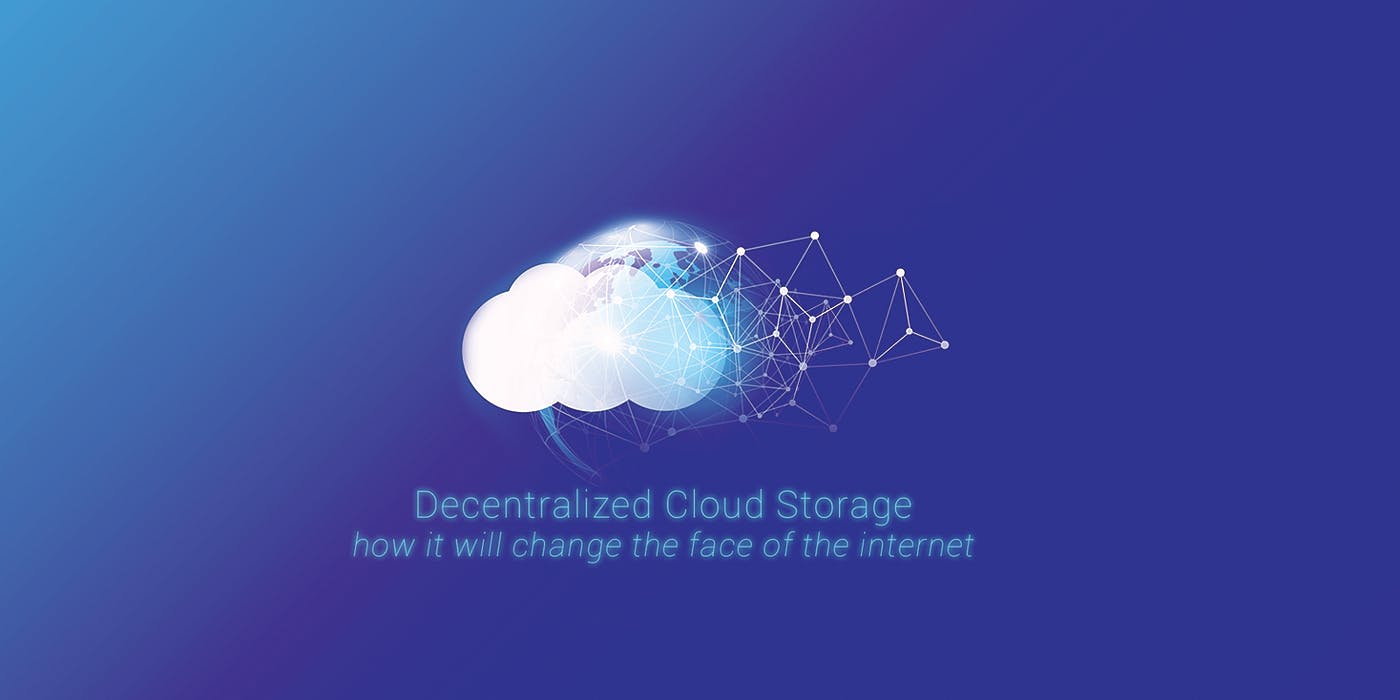10,242 reads
Decentralized Cloud Storage is changing the face of the internet (2/2)
by
August 1st, 2019
Audio Presented by

Blockchain Tech Lead at Biconomy 🍊, DeFi innovator, ERC-standards contributor (ERC3643 & ERC6960).
About Author
Blockchain Tech Lead at Biconomy 🍊, DeFi innovator, ERC-standards contributor (ERC3643 & ERC6960).
